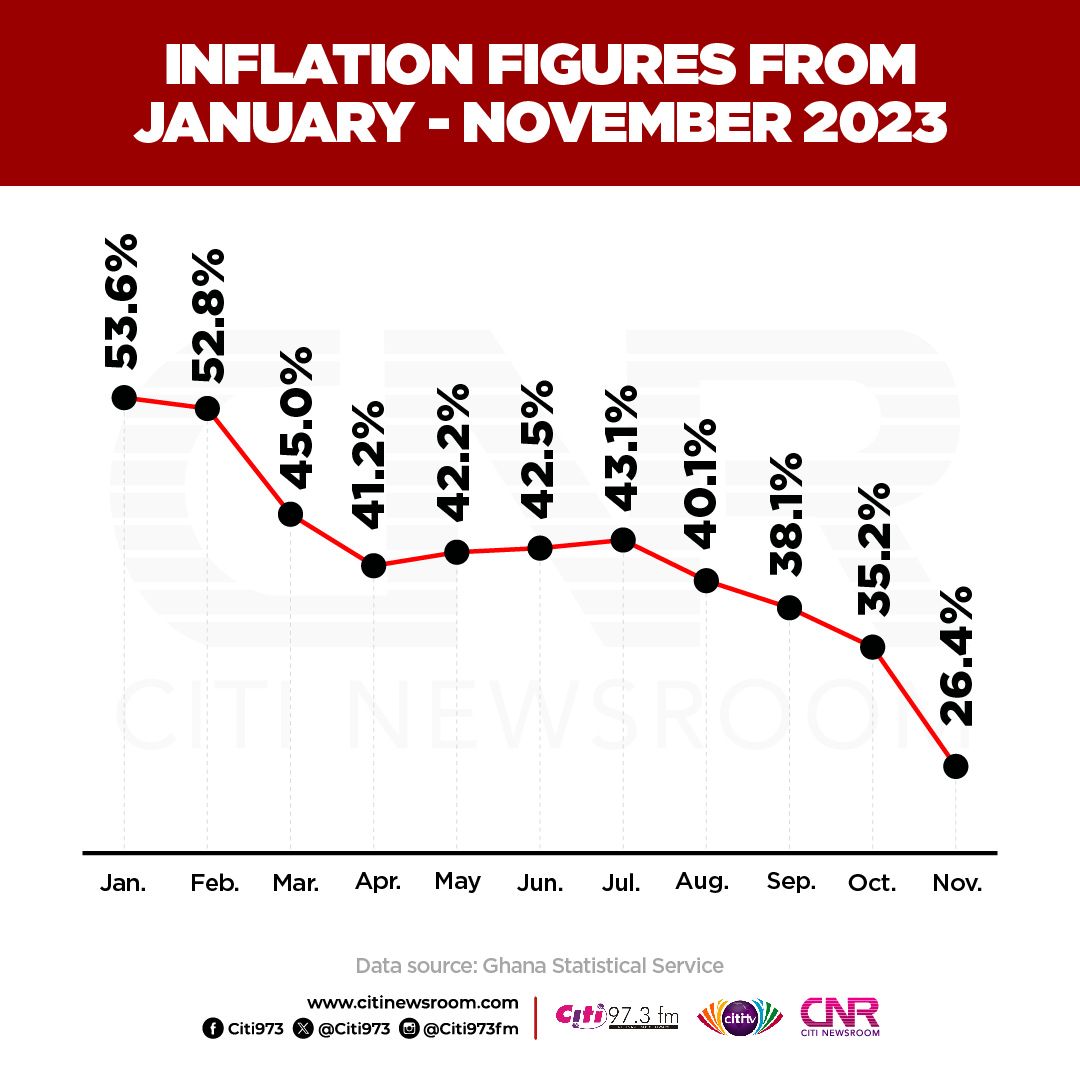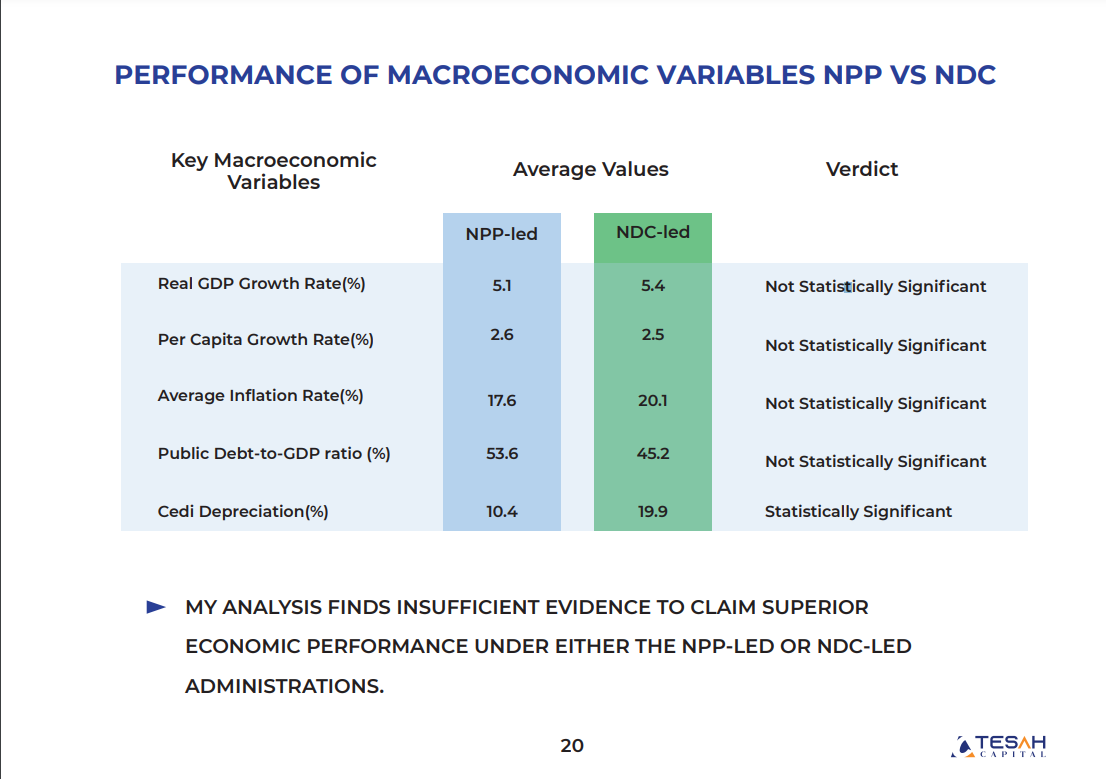
By Kizito CUDJOE
Economist and Professor of Finance at the University of Ghana Business School (UGBS), Prof. Godfred Bokpin, has called for greater understanding of the gendered impacts of policies and taxation in the country.
Speaking on the macroeconomic importance of gender, Prof. Bokpin noted the need for improved gender-disaggregated data collection to support advocacy and shape policy decisions.
He also called for the inclusion of gender-specific indicators in the National Development Framework to enable the country to track progress effectively.
Citing an example, Prof. Bokpin noted that Ghana’s recently developed medium-term revenue strategy, which is set to guide fiscal policy until 2027, is not gender-sensitive. He highlighted the need to address this gap to ensure equitable outcomes.
Prof. Bokpin, who was speaking on the side-lines of the launch of a research report titled ‘IMF Policies and Gendered Impacts on Ghana’s Tax System’ held in Accra, advocated a tiered tax system tailored to business size and gender dynamics.
He noted that the absence of gender-disaggregated data has resulted in the continued implementation of a one-size-fits-all tax approach, limiting progress toward inclusivity and equity.
This, coupled with a long-standing regressive tax structure influenced by International Monetary Fund (IMF) recommendations, disproportionately impacts women, he lamented.
“Women, who operate predominantly in contact-intensive sub-sectors of the economy, are more affected by indirect tax measures,” he said, adding that this was evident during the COVID-19 pandemic, where containment measures had a significant adverse effect on them.
“Gender dynamics have assumed macro-critical importance. Neglecting this has substantial implications for macroeconomic stability,” Prof. Bokpin observed.
He criticised the lack of interventions to mitigate the adverse distributional effects of Ghana’s tax structure, which he said places a disproportionate burden on women. He further argued that fiscal consolidation measures, often informed by IMF policies, impose costs that disproportionately affect women compared to men.
Going forward, Prof. Bokpin called for a thorough review of tax policies and their gendered impacts, emphasising that addressing these issues is critical to building inclusivity and equity in the country’s economic development.
These were also strongly articulated in his presentation titled ‘Impact of IMF Policies on Tax System and Gender Equity in Ghana’, during the launch of the research report.
The research report was launched by the Tax Justice Coalition-Ghana in collaboration with Action Aid Ghana.
The event sought to present the key findings of the report, sharing insights on how IMF recommended tax policies have affected men and women differently in terms of economic participation, income distribution and well-being.
It also aims to facilitate discussions among stakeholders, including policy-makers, gender-focused organisations, civil society and international partners, on the need for a gender-sensitive approach to fiscal reforms.
The Women’s Right and Campaign Manager, Action Aid Ghana, Ms. Eugenia Ayagiba, also reckoned that while IMF has – since 2022 – included a gender strategy as part of its ongoing with the country, “it is not enough”.
She went on further to demand that the IMF ensures that its recommended policies to countries like Ghana, do not end up disproportionately affecting women. “Most of the IMF policies are concentrated on revenue generation; and for a country like Ghana, it is mostly through taxes.”
For example, she cited Ghana’s implementation of the e-levy and the value added tax (VAT), both of which she argued are regressive, burdening lower income households often headed by women.
The post Economist advocates gender-sensitive tax policies appeared first on The Business & Financial Times.
Read Full Story























Facebook
Twitter
Pinterest
Instagram
Google+
YouTube
LinkedIn
RSS